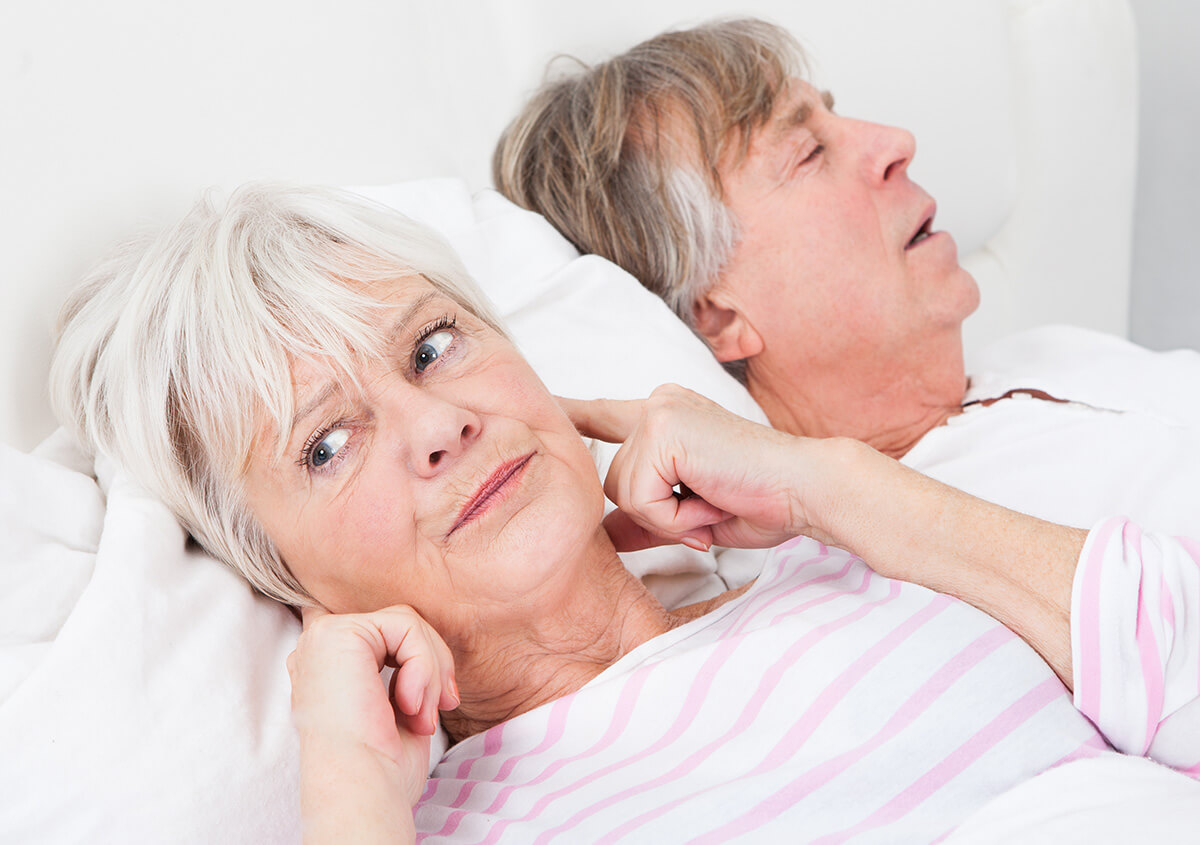What sleep apnea treatment is recommended at A Brush Above Family Dentistry?
Obstructive sleep apnea (OSA) occurs when the upper airway collapses while sleeping, which can cause breathing to stop completely for seconds. Many people who suffer from this condition experience disrupted sleep and fatigue due to repeated awakenings throughout the night as their bodies try to restart normal breathing patterns. Those suffering from OSA may also have difficulty focusing and concentrating on daily activities due to a lack of restful sleep. Fortunately, several treatment options are available for patients who suffer from OSA, including oral appliance therapy with the team at A Brush Above Family Dentistry in Chicago, Illinois.
What is oral appliance therapy?
Oral appliance therapy is best described as a form of treatment that involves using a custom-made oral device designed to prevent your airway from collapsing during sleep. These devices are similar in appearance and function to athletic mouthguards but are much narrower and more specialized for treating OSA. Oral appliances move the lower jaw forward, opening up the airway so you can breathe normally while sleeping. Most people who suffer from OSA also find that this type of therapy greatly improves their quality of sleep over time, resulting in less fatigue throughout the day and improved focus on daily activities.
What other options are available?
Most patients who work with their physician to get a proper diagnosis may be told that CPAP treatment is right for them. While effective, the CPAP machine can be cumbersome to travel with and uncomfortable to wear. Instead of using this bulky appliance each night to bed, patients love the ease of using their oral appliance. It is a wonderful alternative that ensures increased compliance for many individuals.
How do I find out if I am a good fit for sleep apnea treatment with oral appliance therapy?
Drs. Marcella Guzman, Philip Fidel, and Rosa Sinno of Chicago, IL, can assist patients in treating obstructive sleep apnea without using a large CPAP machine.
Call (773) 840-0378 to request an appointment at A Brush Above Family Dentistry and find out if you are a desirable candidate for oral appliance therapy in treating your OSA.

Do you snore excessively? Do you suffer from daytime fatigue? Do you awake during the night with shortness of breath? You may suffer from the life-threatening sleep disorder known as sleep apnea. About 1 in every 15 Americans suffer from sleep apnea and it is a problem that many don’t even realize they might have. But what does this have to do with dentistry? Because sleep apnea is caused by an airway obstruction, the disorder can be treated through the mouth. The Thorton adjustable positioner, or Tap appliance is one of the more popular ways to treat sleep apnea. When the jawbone yes lax, the tongue and soft tissue obstruct the airway. The tap appliance advances the jaw bone, allowing the air to flow freely and making sleep more restful throughout the night. If you think you might suffer from sleep apnea, talk to your dentist today about possible treatment options.


